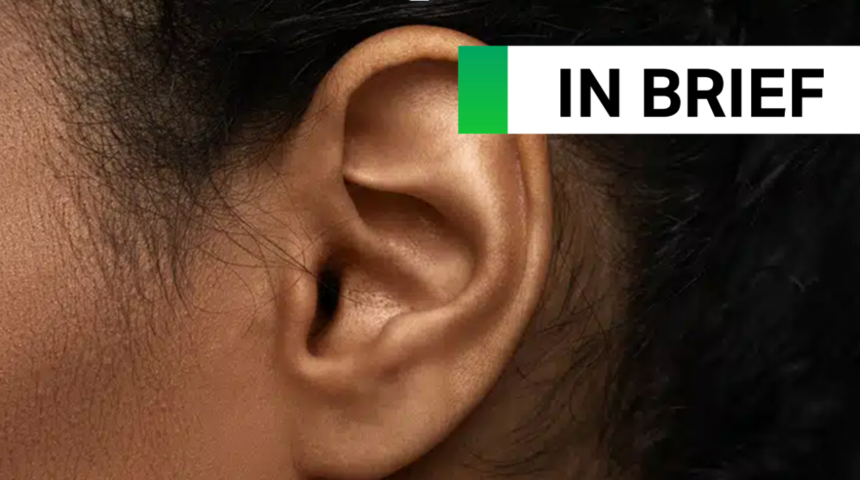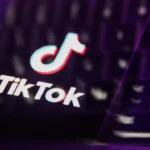In the ever-evolving world of artificial intelligence, Google’s latest venture might come as no surprise. The tech giant is pioneering the use of sound signals to detect early signs of illness. This breakthrough technology, developed in collaboration with various partners, has the potential to revolutionize healthcare, particularly in regions with limited access to medical services.
How does it work? According to Bloomberg, Google has trained its foundational AI model on a staggering 300 million audio samples. These samples include a range of human sounds such as coughs, sniffles, and labored breathing. The goal? To teach the AI to recognize patterns that might indicate the onset of diseases like tuberculosis. By analyzing these subtle audio cues, the AI can potentially identify health issues long before they become critical.
Google’s latest initiative takes this technology a step further. The company has partnered with Salcit Technologies, an Indian startup specializing in respiratory healthcare AI. Together, they aim to integrate this sound-based diagnostic tool into smartphones. This could be a game-changer for high-risk populations in areas with poor access to healthcare, offering a simple yet effective way to monitor respiratory health through everyday devices.
This isn’t Google’s first attempt to digitize human senses for medical purposes. Its venture arm has already invested in startups that use AI to detect diseases through unconventional means, including scent. These initiatives reflect a broader trend in healthcare, where AI is being leveraged to create more accessible and accurate diagnostic tools.
The implications of this technology are profound. Imagine a world where your smartphone could act as an early warning system for your health, alerting you to potential issues before they become serious. In regions where medical resources are scarce, this could make a significant difference, offering a new layer of protection for vulnerable populations.
As Google continues to push the boundaries of what’s possible with AI, the line between technology and healthcare is becoming increasingly blurred. With each new development, the potential to save lives and improve global health outcomes becomes more tangible. The future of AI in healthcare is not just about what it can do today, but about the possibilities it opens up for tomorrow.









